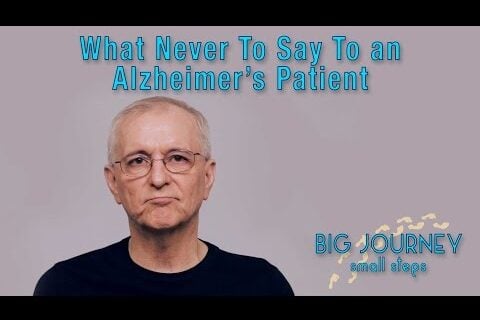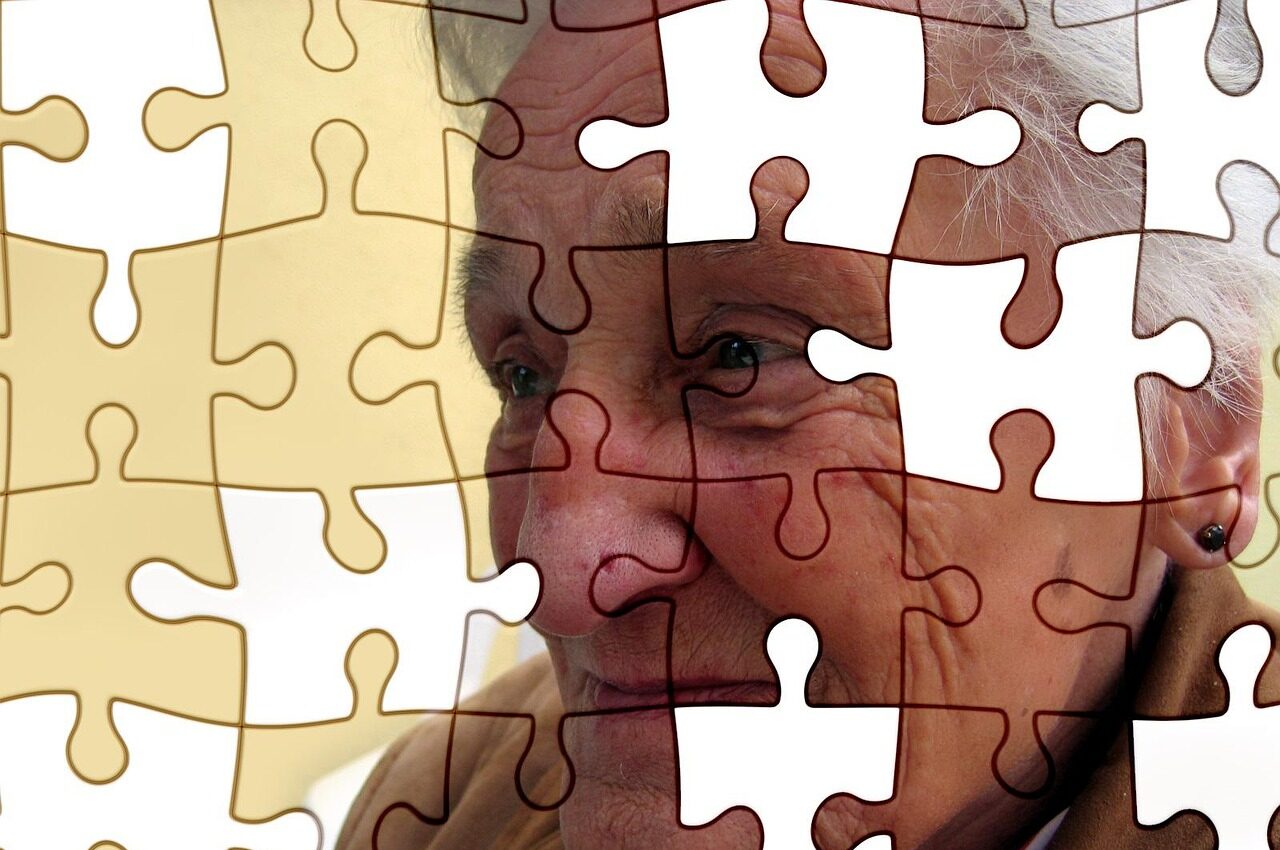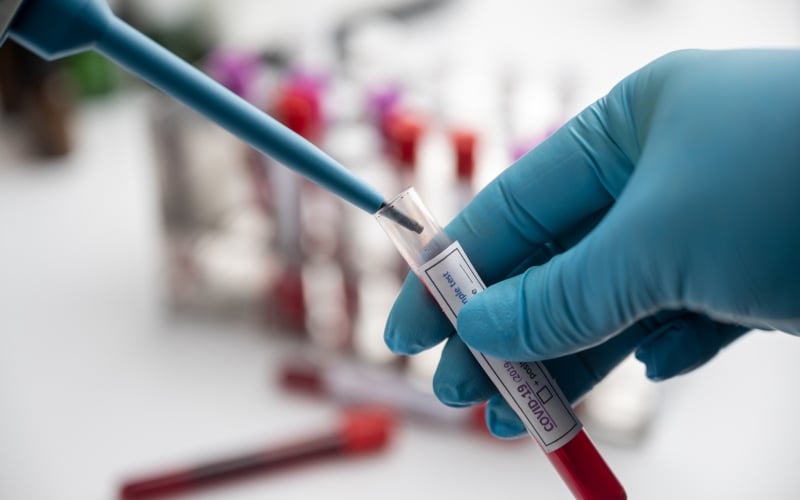If I’m being completely honest, this piece has been sitting in my drafts folder for some time now, I’ve lost count of how many times I’ve opened it with the intent to send it but some unforeseen force has prevented its release. Trauma is a funny thing; it comes in so many forms and expresses itself in some ways in our lives (usually in unpredictable and negative ways). We’re told it’s okay to talk about our worries and our pains now. Train stations, public libraries and university campuses are littered with the now cliché adage ‘It’s okay to not be okay’. As if that magical phrase would somehow transform our anger into a sea of internal tranquility.
In many ways, I’m exactly the sort of person who should write this story. I’m a man, who also happens to be an academic, researching hyper or ‘toxic’ masculinity (to use the popular phrase). I look at these gendered ideologies in all sorts of hostile environments, from the prison system to rough sleeping and study their connection to public health. I know the abyssal statistics on men’s health outcomes, from suicide to a whole range of life-threatening illnesses – the dire, and often fatal consequences of waiting too long. But I’m also, on a personal note, a survivor of some rather horrendous childhood trauma that I’m currently doing my best to work through. So, I say all this, while also acknowledging at the age of 36 that like many other men, I waited for too long to ask for that help.
So I’ve just completed a course on EMDR (Eye movement desensitization and reprocessing), a type of talking therapy that allows you to reprocess past trauma. The theory goes something like this; difficult/abusive memories aren’t stored correctly in our brains, they become in a sense ‘stuck’. Then when anything reminds us of them, that amygdala hijack forces us to be cognitively teleported back to that time, with all that raw processed emotion still painfully present. EMDR allows us to reprocess these memories in a safe environment, allowing these intense emotions to be stripped away so our brains can file these memories with the rest of our everyday mundane memories. It sounded great but the science part didn’t bother me, it was the ‘talking’ bit in talking therapy, that was the problem – wasn’t there just a laser treatment available by now that cut just cut it from my mind?
Now, I’m not going to lie to you, like many I was hilariously skeptical. To make it worst my therapist had that all-knowing, raised eyebrow facial expression going on – clearly, he’d heard this before from hundreds of men just like me. And sure enough, he had me in tears by the third or fourth sessions. I was experiencing emotions I didn’t know I had or wanted if I’m being earnest. EMDR involves you speaking about your most difficult memories, repeatedly describing them in detail and openly with your therapist. It’s quite unnatural, and at first, it feels a bit well…silly, but sure enough after a while you start to regain pieces of yourself, admittedly parts you may not want, but parts you need to see.
Now I’d like to share what my memories were, but I’m not there yet (and I may never be and that’s okay). But what I can tell you is how it helped. As you recall these traumatic events in your personal history, you start to gain insight. A first it’s a small ‘oh that’s why I do that’ then it grows to wider beliefs you hold about yourself – in some ways your own erroneous held world views, in my case a lack of belief in my abilities (even now as a ‘proper’ academic). These aren’t truths told to you by the therapist, they are your truths, things you forgot at a time when you weren’t strong enough to hold them.
My anger, often the only emotion we’re taught is legitimate to feel, began to change, to shift into more complex sets of feelings. There was a great deal of unprocessed shame and sadness sure, but with that came a level of personal forgiveness that is hard to put a price on really. What this therapy did for me (and I hope it can do for others out there) is that it allowed for a reconciliation of my past and present self. In my experience, part of me was still angry that I had ‘allowed’ it to happen, completely ignoring that helpless reality of myself as a child.
I raise the question, why do we wait so long before we ask for help? Now that society has given us its permission (insert sarcastic thanks here). I would say based on what I’ve learned professionally and personally that it comes down to skills, and sadly we men mostly don’t have them. It’s one thing to recognise there’s a problem, it’s quite another to have the ability to fix it. I knew my responses to certain things weren’t healthy, that my anger was like a visceral poison in my veins, eternally casting an oppressive shadow on my quality of life. But just saying ‘it’s okay to talk’, well it’s the men’s health equivalent of signposting the vulnerable without providing them with an address. We need to embed systems at all levels of our culture that teach us about ourselves – what being a man is in a healthy way and provide us with a raft of strategies for a better life without just problematising what’s wrong with our masculinity.
—
iStock image
The post Therapy: Why Men Wait So Long appeared first on The Good Men Project.
Original Article










